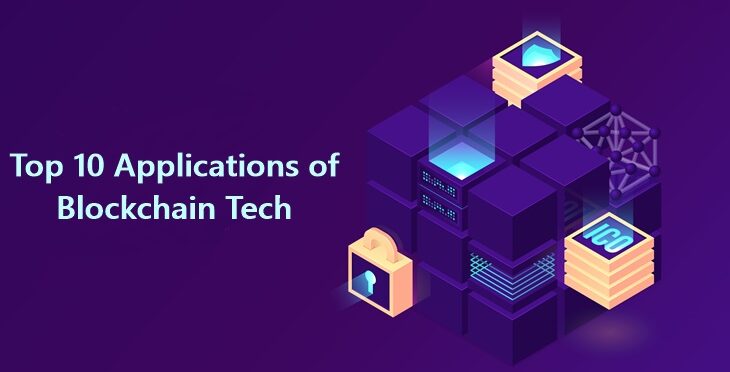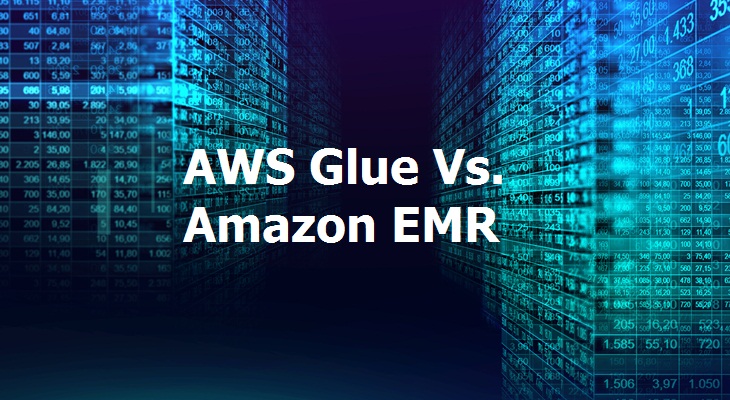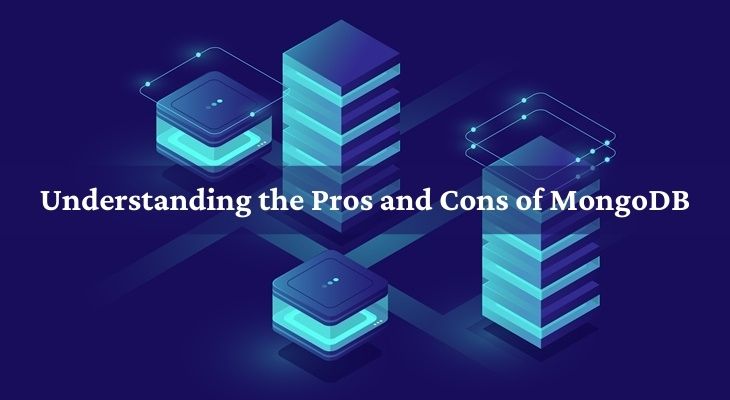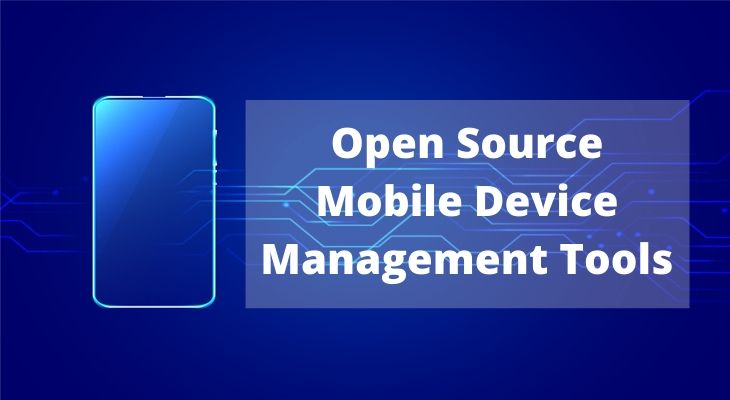What is Blockchain Technology?
Blockchain Technology is a new and secure data structure. Blockchain Technology is cryptography-based and is distributed over a network. The technology supports the transfer of cryptocurrencies such as bitcoin and any data or digital asset. Sponsored by digital currencies, blockchains achieve consensus among distributed nodes. Thus Blockchain allows the transfer of digital goods without the need for centralized authorization of transactions.
Blockchain is a technology with the help of which a decentralized ledger of information can be created. These ledgers can contain any type of information. Every user that is connected to the network can access the record of information. These ledgers or records occur in a series of separate blocks of information, which is the base reason for the technology being named Blockchain. Blockchain tech was introduced in 1991 by Stuart Haber and W. Scott Stornetta. Blockchain technology was first used in 2009 to transact in the cryptocurrency bitcoin.
How does it operate?
Transactions in Blockchain technology are anonymous and secure. Blockchain peer-to-peer transactions are instant and transparent.
Blockchain distributes trust from powerful intermediaries to a large global network. This global network has a massive collaboration, code, and cryptography that enables a public ledger of every transaction that will ever occur on the network.
A block is the part of a blockchain that records some transaction or data. Once the transaction or data storage is complete, the particular data block goes into the Blockchain as a permanent database. Every time a block is completed, a new block is generated to store new data. Every block is connected in a chain that is in a proper linear, chronological order, with each block having a relationship to the previous block.
Advantages of Blockchain Technology:
- Since Blockchain is a public ledger system that records and validates every transaction made, it makes it secure and reliable.
- All transactions made are authorized, thus making the transactions irreversible and protects against the danger of hacking.
- Blockchain technology removes the need for a third party or central authority for peer-to-peer transactions.
It allows the decentralization of technology.
Top 10 Real-Life Applications of Blockchain Technology
Supply Chain Management
Blockchain has the unique ability to enhance the overall efficiency of the supply chain. Blockchain provides accurate identification of the location of items on the supply chain. Thus removing the need for paper-based trails. This paperless approach of the Blockchain helps prevent data damage and misplacement. Blockchain also helps in monitoring the quality of products during production.
Digital Identification
With an estimate of more than 1 billion people worldwide with no identity, Microsoft is working on creating IDs to empower poor people and refugees. This is going to help in connecting them with the formal financial sector. Microsoft aims to achieve this through its Authenticator app, which would be based on Blockchain tech. Authenticator doesn't just use passwords. Authenticator uses multiple layers of security that use a code or token to identify the returning user or device. Digital ID is an ideal way for users to take control of their digital identity.
Healthcare System
The patient is the central point of the healthcare ecosystem. The patient should also get accurate information about their health status and various procedures performed. The accuracy of a patient's medical history can be seen as a matter of life and death. Privacy and security of health data are crucial. Blockchain tech can keep track of serial and batch numbers of prescription drugs. Hospitals have moved away from paper for record-keeping, and they use blockchain technology to store patient data, which is kept confidential. The patient will be given a digital ID or a number key to access these records. Thus, Blockchain gives the patient control over who can see that data. The patient's diagnosis can also be stored so that the patient's health history can be tracked.
Food Safety & Security
Blockchain in food security is an interesting use. Blockchain has the ability to trace your food from its origin to your plate. Using the immutable nature of Blockchain, the movement of food products from their origin to the supermarket can be traced. The source of the contaminant can be traced quickly and accurately in the case of foodborne illnesses.
Copyright, Royalty and Trademark Security
Copyright, trademark, and ownership laws on music, videos, blogs, and other online content give the original creator the recognition needed. They are a must in today's technologically advanced era. Blockchain can make these laws secure through blockchain technology. Digital content download is a good option as it ensures that the artist or creator of the content also gets their fair share. The Blockchain will also provide real-time and authentic royalty distribution data to content creators and musicians.
Digital Voting
Voter fraud is a major concern. Blockchain has the ability to eliminate this concern. Blockchain can make your vote truly count with its immutable nature. The use of Blockchain will make voting transparent, and the regulators will easily catch any changes to the network. Blockchain has created a token-based system that will ensure a system of one irrevocable vote per person.
Will or Inheritance
Wills or inheritances have been recorded on paper until now. These paper documents can now be replaced with digital ones created and stored using blockchain networks. Will or Inheritance can be used with smart contracts because it will make the document legally binding. Thus, bringing clarity about what assets must be acquired by whom or distributed to whom in a particular scenario.
Real Estate Security
Ownership and title details are safely stored on the Blockchain, making it easy to transfer ownership and trace ownership. Blockchain removes physical paper from the equation, and it gives a clear view of legal ownership. Titles stored on the blockchain network can be viewed, changed, and updated whenever necessary. A secure Digital ID can be used to access the documents without worrying about the safety and security of the documents.
Data Sharing
Introduced and developed by IOTA Foundation, a distributed ledger technology involves using Blockchain to share or sell unused data. Enterprises' unused data bundles can be sent to the places that need them most. Blockchain can also be used as a marketplace to store data that can be used to improve many industries.
Safe Weapon Tracking
Blockchain technology can enable the government and law enforcement to track weapon or gun ownership. Blockchain can act as an immutable and transparent registry. Blockchain will also help in keeping records of privately sold weapons.
Conclusion
Blockchain technology is an innovation that most people have adopted. The applications of blockchain tech vary widely from industry to industry. While the functionality of Blockchain is commendable, it is still not the solution to every problem. Different blockchains will suit different needs and circumstances. Only after analyzing the particular use case can you put Blockchain to appropriate use. The ease of access and data security has made Blockchain a compelling tech in today's tech environment.
You may like to read:
How Blockchain improves Logistics : Use Cases
Use Cases of Blockchain in Logistics
Impact of Blockchain Technology on SEO & SEM
A view of Financial Industry with Blockchain technology





